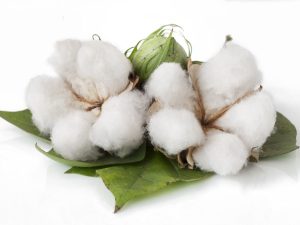Organic and Pesticides, Your Questions Answered
 There’s a lot of conflicting information out there about what kinds of pesticides may or may not be used in kids organic pajamas. Some believe that no chemicals is the only true organic, but there are degrees to which a piece of clothing can be considered organic. The good news is that you don’t have to do too much detective work, as a lot of the info is on the label.
There’s a lot of conflicting information out there about what kinds of pesticides may or may not be used in kids organic pajamas. Some believe that no chemicals is the only true organic, but there are degrees to which a piece of clothing can be considered organic. The good news is that you don’t have to do too much detective work, as a lot of the info is on the label.
Here, we examine some common myths about pesticides, chemicals and kids organic cotton pajamas.
Myth: Pesticides are Never Used in Organic Products
The organic industry subjects itself to a great deal of regulation voluntarily, so that it can prove to its customers that farmers actually do go the extra mile to provide an organic product. That’s why some farmers will use pesticides as a last resort.
The National Organic Standards Board has the job of advising the Secretary of Agriculture on substances it considers safe for organic use. As you might imagine, this list is very small. There are some chemicals on it, but not many and the idea is to minimize environmental impact. Always.
So, how do farmers protect themselves from pests? A variety of methods are used, including crop rotation and better nutrient and soil management.
Are Pesticides the Only Concern
Thankfully, there are a few different bodies that monitor organic standards and ensure boys and girls organic pajamas live up to a certain measure. The Organic Soil Association and Global Organic Textile Standard are two such bodies that give customers some measure of assurance that a product is as organic as possible.
Aside from potentially harmful pesticides, some manufacturers will grow organic but process using inorganic methods using harmful dyes and chemicals to treat the fabrics. This happens a lot with foreign made girls and boys organic pajamas, where less regulation and oversight dictates that nearly anything can be certified organic.
Bio: KoraVera promises real organic, toxic-free kids pajamas. At KoraVera, every piece of clothing is certified organic and undergoes 8 levels of testing.